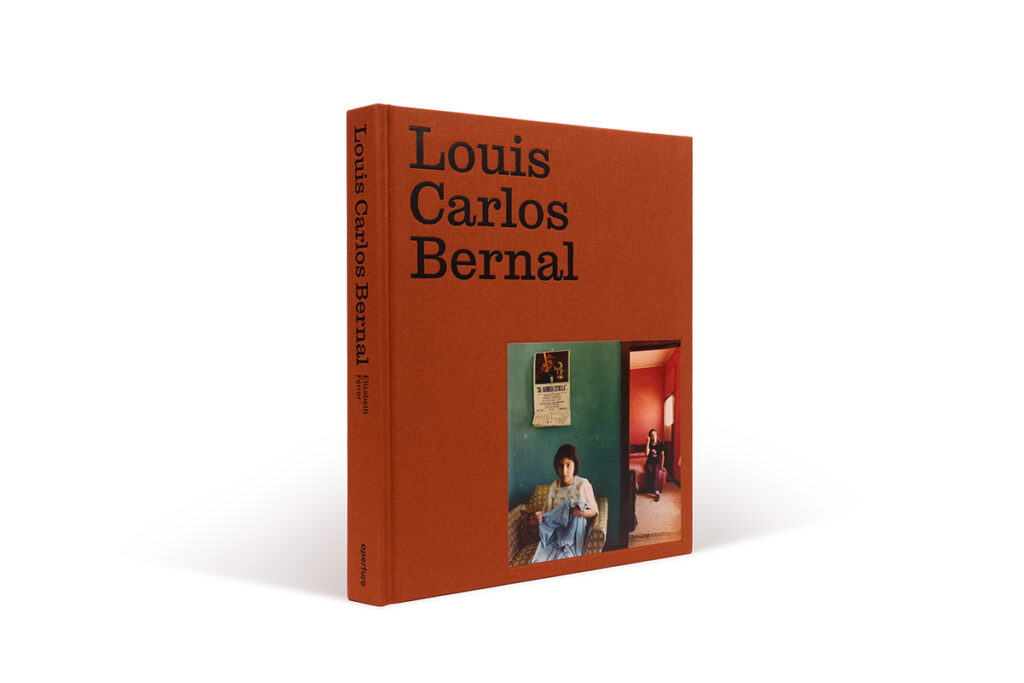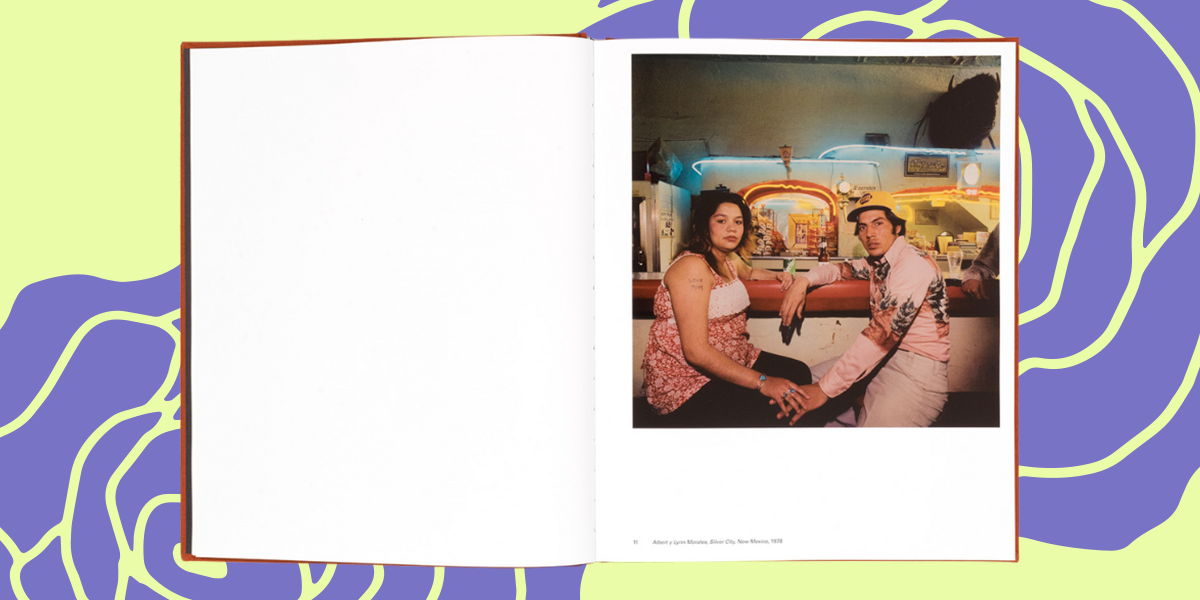Following a tradition of Latin American documentary street photography, Louis Carlos Bernal captured the essence of barrio life with images that showcased the unique character and vibrancy of Chicano culture.
Louis Carlos Bernal: Monografía is the first comprehensive survey of the groundbreaking Chicano photographer’s life and work. Published by Aperture in collaboration with the Center for Creative Photography (CCP) at the University of Arizona, Tucson, this bilingual publication is a significant addition to American art history, bringing long-overdue recognition to Bernal’s contributions.
Louis Carlos Bernal (1941-1993) is often celebrated as the “father of Chicano art photography.” Born in Douglas, Arizona, and raised in Phoenix, Bernal’s early life and cultural background profoundly influenced his work. After completing his M.F.A. at Arizona State University in 1972, he joined the faculty of Pima Community College in Tucson, where he developed and led its photography program until his death. In 1979, Bernal, along with four other photographers, received funding from the Mexican American Legal Defense and Educational Fund (aka MALDEF) to photograph Chicano culture in the Southwest for the exhibition and book project ESPEJO: Reflections of the Mexican American. This commission deepened his connection to his ethnic roots and propelled his passionate focus on documenting his community.

His work often depicted intimate moments, such as a young girl and her grandfather in a corner barber shop, a girl celebrating her quinceañera, or locals posing in front of colorful murals. Bernal’s photographs are rich with personal, cultural, and spiritual meaning, capturing la vida cotidiana with a profound sense of grace and authenticity.
Bernal’s photographs in Monografía provide a profound and intimate look into the Chicano experience, depicting the cultural, personal, and political essence of a community often marginalized in mainstream narratives. Each image invites viewers into the lives and struggles of Mexican Americans, showcasing their resilience, dignity, and beauty. What sets Monografía apart is its ability to convey the emotional depth and cultural significance of Bernal’s work. His photographs transcend mere artistic expression – they serve as powerful affirmations of the Chicano community’s identity and strength. From carefully adorned home altars to candid family portraits, Bernal’s work documents and elevates his community, preserving and celebrating its rich heritage while also affirming its place in the broader tapestry of American life.
Today, Bernal’s works are particularly important as they provide a necessary counter-narrative to mainstream depictions of marginalized communities. In an era where issues of representation, cultural identity, and social justice are at the forefront of societal discourse, Bernal’s intimate portrayal of the Chicano experience offers a powerful reminder of the beauty, resilience, and dignity inherent in these communities. His photographs challenge stereotypes and provide a nuanced, authentic look at his community’s lives and traditions, fostering greater understanding and appreciation. By preserving and celebrating the richness of his heritage, Monografía not only honors the past but also inspires current and future generations to embrace and advocate for cultural diversity and equity in the arts and beyond.
The book also features essays by Elizabeth Ferrer and Rebecca Senf, which contextualize Bernal’s work within the broader civil rights movement. These essays provide critical insight into Bernal’s unique approach to portraiture and his role in the Chicanx art movement. The volume also includes a detailed bibliography, chronology, and exhibition history, making it an essential resource for scholars and enthusiasts alike. In conjunction with the book release, CCP will host an exhibition in Tucson of over 125 of Bernal’s photographs from September 14, 2024, to January 25, 2025, offering a rare opportunity to experience Bernal’s work in person and appreciate the full scope of his artistic vision.
Monografía is not just a tribute to an artist but a celebration of Chicano identity and resilience. It underscores the importance of representation and the power of art to tell stories that matter. This landmark publication and exhibition serve as a reminder of the transformative power of art in advocating for cultural recognition and social justice – a legacy Louis Carlos Bernal would certainly be proud of.

